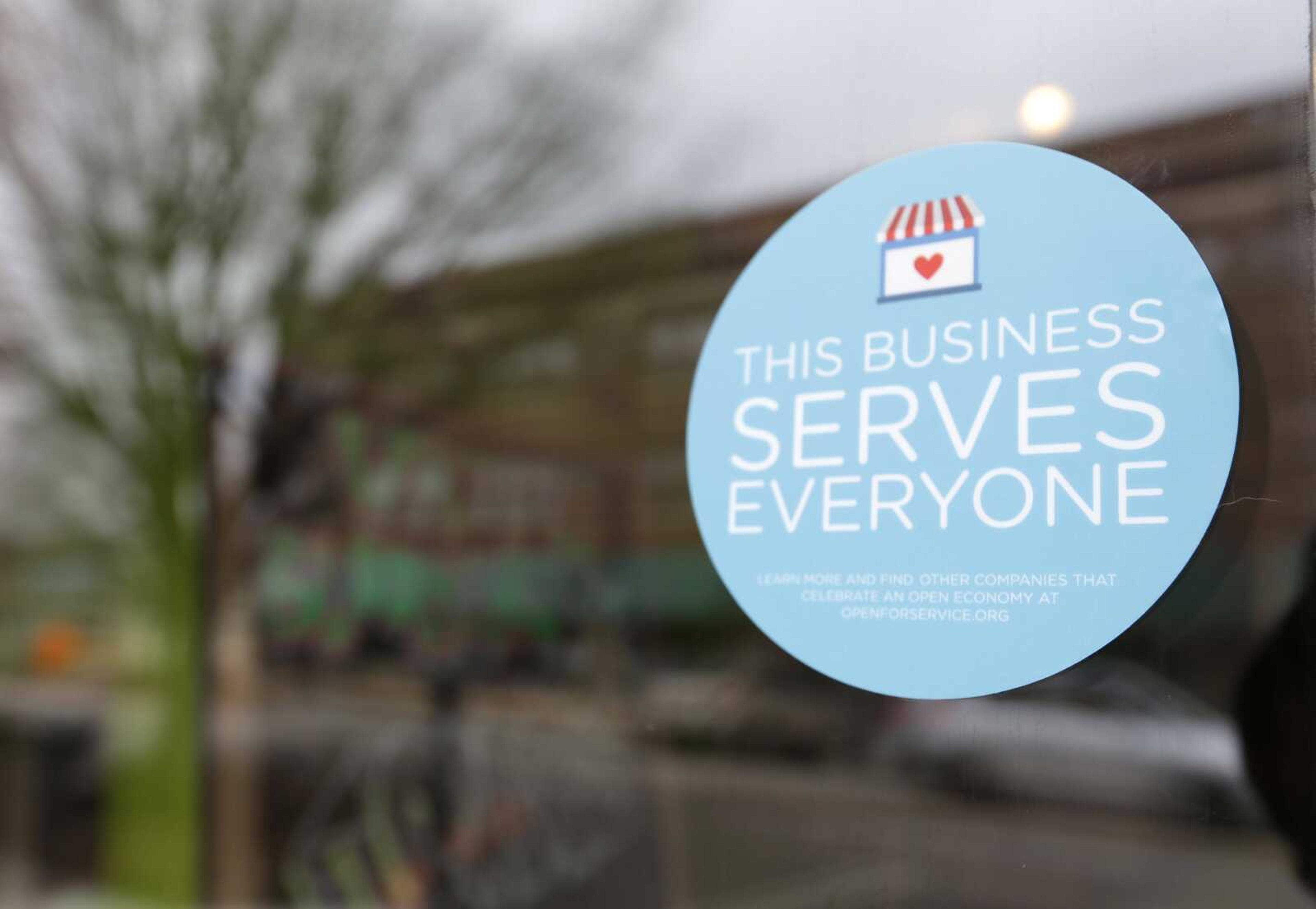Indiana faces long road to restore image after backlash over law
INDIANAPOLIS -- Indiana tourism agencies are rolling out campaigns emphasizing everyone is welcome, but it might not be enough to restore the state's battered image quickly after a backlash over its religious objections law. An uproar sparked by fears the law would allow discrimination against gays and lesbians led a few convention organizers and performers to cancel events and some state and local governments to ban travel to the state last week. ...
INDIANAPOLIS -- Indiana tourism agencies are rolling out campaigns emphasizing everyone is welcome, but it might not be enough to restore the state's battered image quickly after a backlash over its religious objections law.
An uproar sparked by fears the law would allow discrimination against gays and lesbians led a few convention organizers and performers to cancel events and some state and local governments to ban travel to the state last week. Revisions to the law's language have eased some of the criticism, but experts say the state could be dealing with a damaged reputation for years to come.
In a sign Indiana is still under close scrutiny, hundreds of gay-rights supporters on Saturday marched to the site of the NCAA Final Four in Indianapolis as college basketball fans were arriving for the games. The marches called for the state to go further and enshrine in its civil-rights law protection for gays and lesbians.
Chris Gahl, vice president of Visit Indy, the lead promoter for Indianapolis, said he has been in "full crisis mode" since the furor erupted after Gov. Mike Pence signed the law late last month.
Gahl said Visit Indy received more than 800 emails from people saying they were canceling trips for events such as the Indianapolis 500 or choosing a different vacation destination. The agency has been scrambling to prevent groups and businesses from pulling out of negotiations for future conventions or canceling upcoming events altogether.
Two groups, including the public employee union AFSCME, have canceled conventions, and Gahl said two others were on the fence. He put the economic impact of those events at a "healthy eight figures."
"What keeps us up at night is the fact that 75,000 people depend on tourism for a paycheck," Gahl said. "And if we don't fill the city with conventions and visitors, they don't work."
The crisis isn't confined to Indianapolis. Fort Wayne, the state's second-largest city, has had six national conventions express concerns about continuing business in Indiana.
If all six pulled out, it would represent about $1.2 million in revenue, said Dan O'Connell, president and CEO of Visit Fort Wayne.
Businesses say they've been inundated with emails from people asking for reassurance they are welcome in Indiana or canceling orders or plans. The famed French Lick Resort, a hotel in southern Indiana, issued a statement Friday saying it has "always been open and inclusive," and the new law won't change that.
Traci Bratton, owner of the Hoosier Candle Company in Dayton, about 50 miles northwest of Indianapolis, said she's received emails from out-of-state customers who like her products but say they won't be bringing their business to Indiana because of the law.
"Hoosier hospitality has been thrown out the window," Bratton said.
But the impact is being felt most keenly in Indianapolis, which has earned national praise for its transformation from a place once referred to as "Naptown" and "India-No-Place" to a vibrant, friendly city that used sports and a downtown renaissance to land a Super Bowl and become a popular pit stop in what was once called "flyover country."
Indy Big Data, a tech convention slated for May, has lost nine national sponsors, including Amazon and Cloudera. GenCon, the city's largest convention, has a contract with the city until 2020, but Gahl said negotiations to extend the agreement for another five years could fall through because of the outcry over the law.
A departure of GenCon, which brings in about $56 million each year, would be a huge loss, Gahl said.
Connect with the Southeast Missourian Newsroom:
For corrections to this story or other insights for the editor, click here. To submit a letter to the editor, click here. To learn about the Southeast Missourian’s AI Policy, click here.








